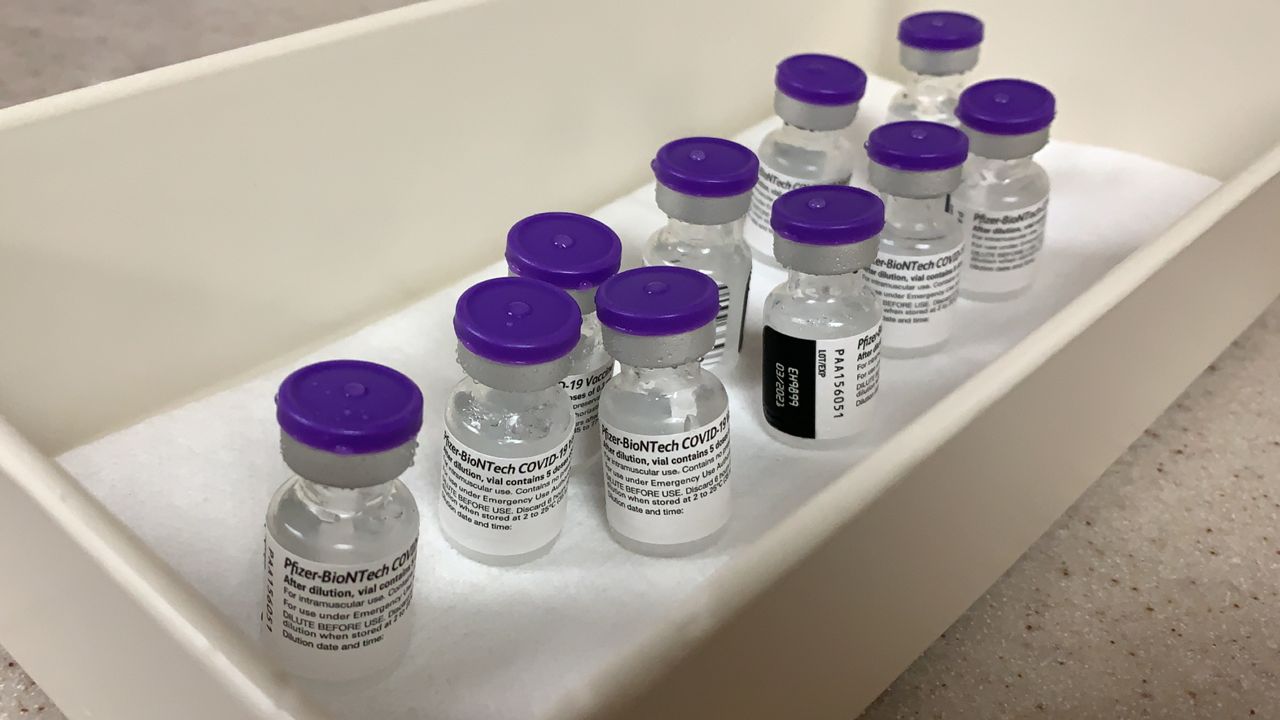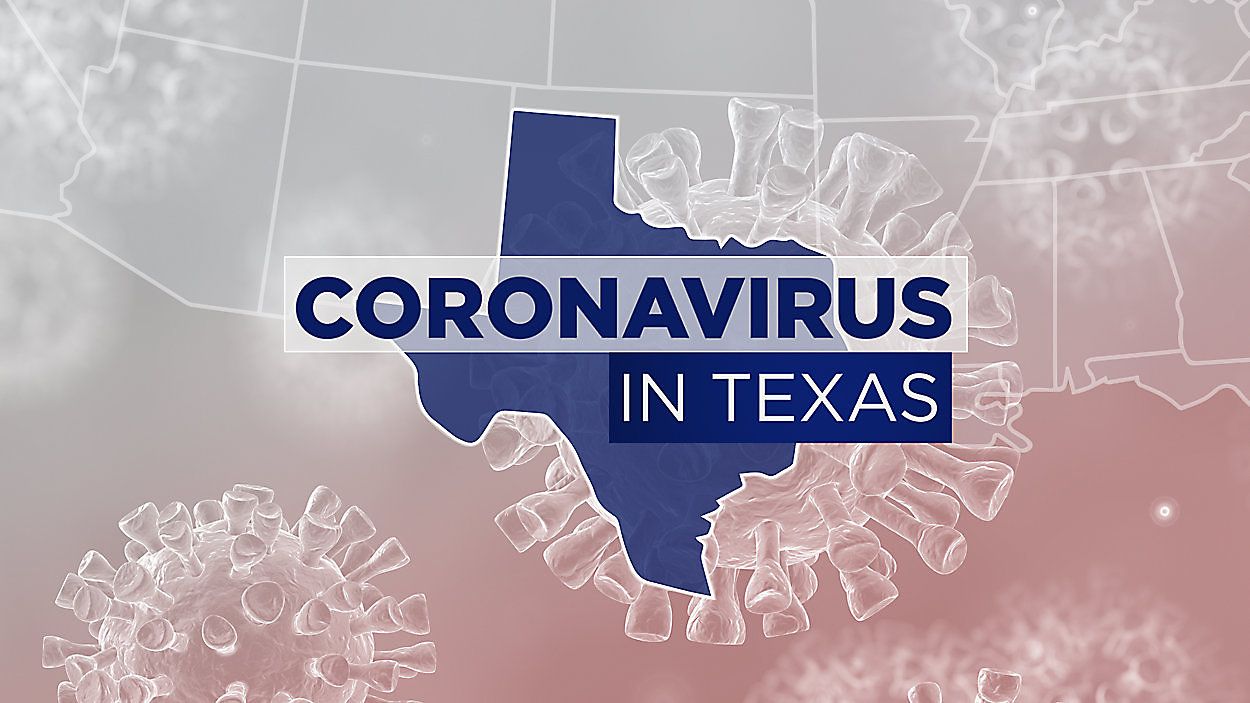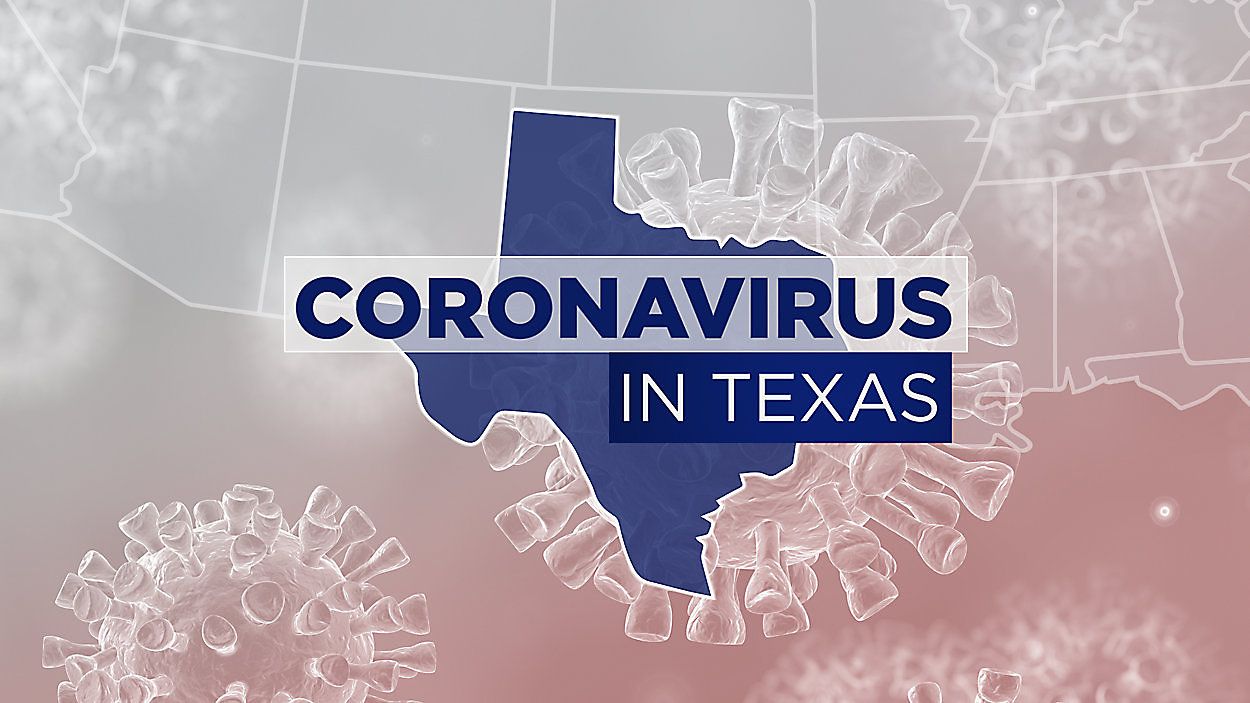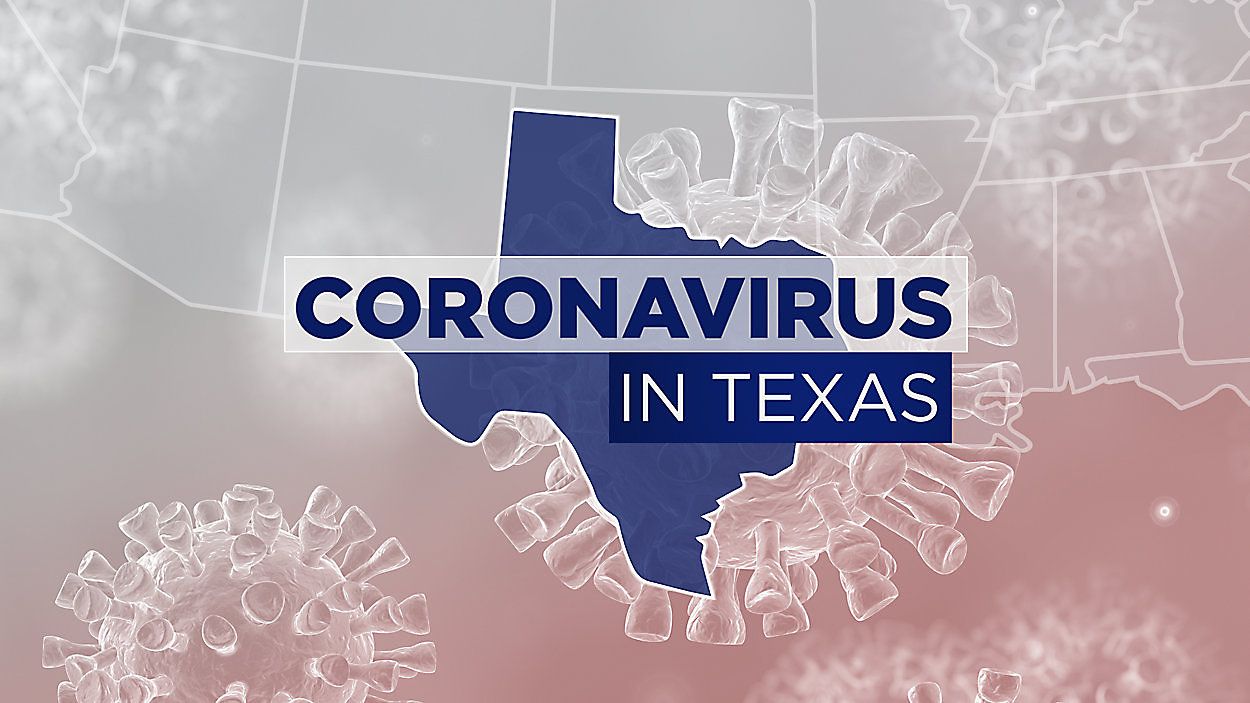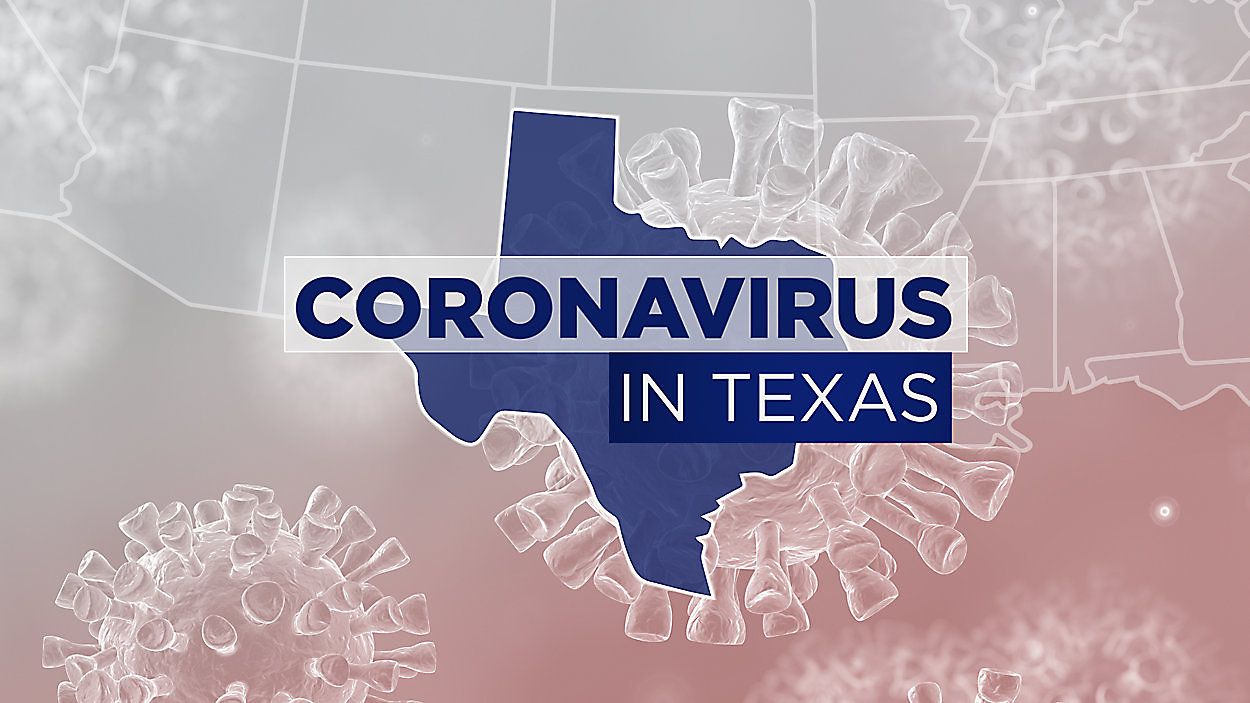TEXAS – The first shipments of the Pfizer COVID-19 arrived in Texas on Monday, and that’s excellent news as the state continues to deal with a devastating surge in cases.
However, unfortunately, that desperate need creates opportunities for scammers to take advantage of the situation.
Prior to the arrival of the vaccine, the Better Business Bureau of Houston issued a guidance for identifying and avoiding scams. According to the BBB, U.S. Immigration and Customs Enforcement (ICE) is working with the companies that developed the vaccines to stop the sale and distribution of phony versions.
Some of those scams may involve phishing email messages concerning vaccine but actually created to trick you into sharing passwords and personal information.
In order to spot a coronavirus vaccine con, the BBB recommends the following:
- Research carefully: The BBB says scammers can be highly creative, and if an offer seems too good to be true or strikes you as crazy, it’s likely not legitimate. Vaccines cannot currently be purchased online or in stores. Double check vaccine information you receive with official news sources.
- Check with your doctor: If you think you should receive the vaccine early, it’s best to check with your health care provider. If you don’t have a primary care physician, contact your local health department via its official website.
- Ignore calls for immediate action: You may want to get to the front of the line for the vaccine, but the BBB urges you not to let that cloud your judgment. Scammers count on people acting before they think.
- Think it’s a real link? Check the URL: Scammers will use official-looking URLs in order to fool people. Look at it closely. Does the link purport to come from a government agency? The URL should end in .gov. If you’re in doubt, perform a separate search on the internet for the website in question.
For more information about vaccine and other coronavirus scams, visit the Federal Trade Commission’s website.



